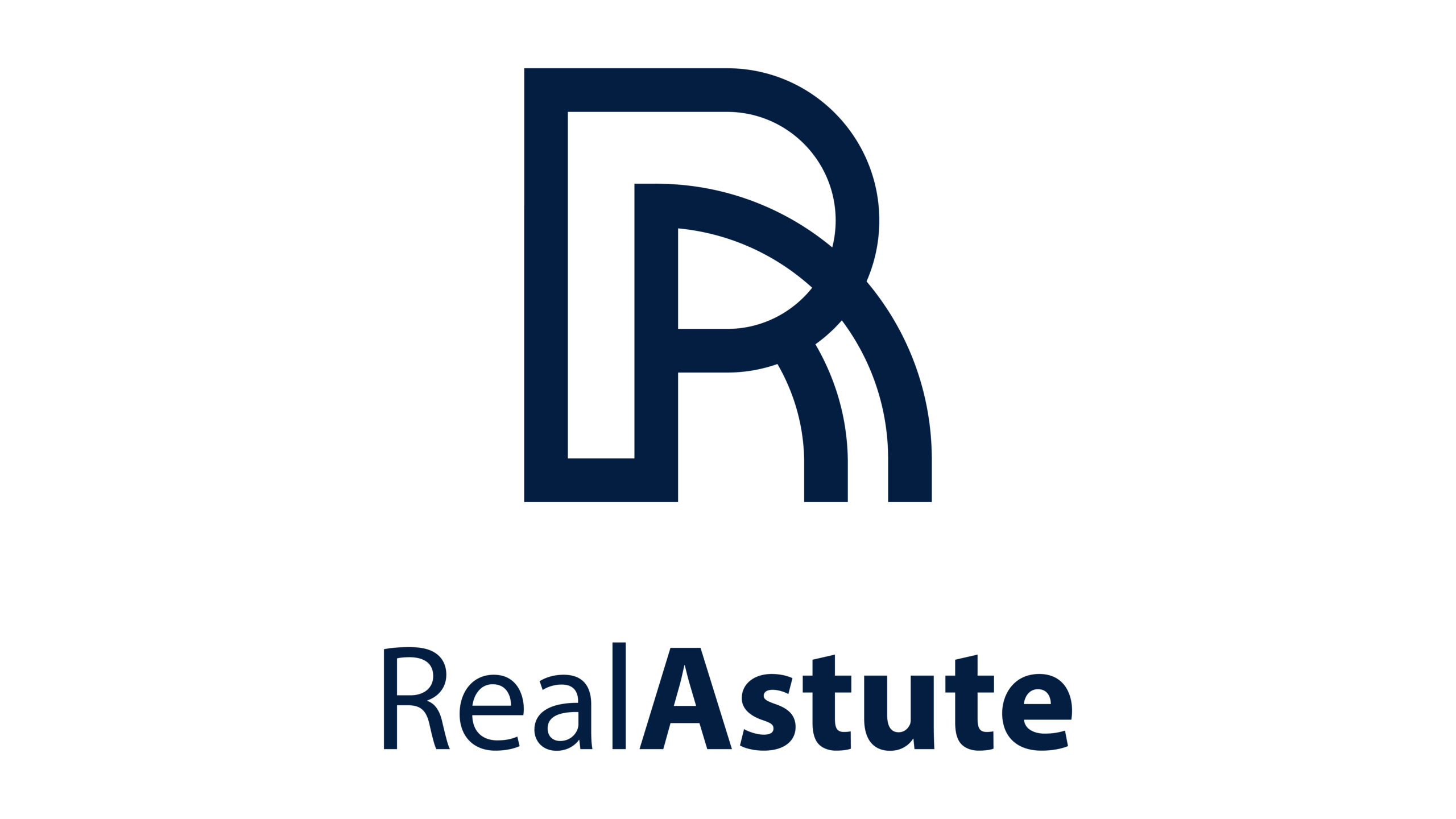
If you plan to buy a property as a real estate investor, you must choose carefully to improve your odds of success.
Choosing a home for real estate investment that will turn a profit requires a lot of research. All real estate is a high-risk investment. However, certain types of properties present greater risk factors than others. Here are some things to consider to improve your chances of success if you are trying to purchase a home for real estate investment.
If you are considering purchasing a home as a real estate investment, there are a lot of things that you will have to deal with to successfully invest in a property. In some cases, an investor may opt to simply buy and upgrade a property to resell. In other cases, the investor may be looking to rent the property out to tenants.
If you plan to purchase a home, you should be aware that many unexpected problems can arise that you need to make sure that you can budget for. If these unexpected events are not factored into your budget, you run a high risk of failing to realize your investment return.
Here are some things to consider if you are planning to purchase a home for real estate investment. In addition to evaluating the property itself, you should also figure out the property management costs involved if you plan to have tenants.
Will the Home Pass an Inspection?
Not all homes will pass a home inspection. This is especially true of foreclosed properties neglected either before or during the period the property was owned by the bank. If you are considering buying a home that appears to have significant issues, it is good to hire a home inspector to thoroughly investigate the property. If the home does not pass the inspection, you may find that the property has significant structural issues that might render it unlivable.
“The structure upon which your investment property is built is one of its most important elements. It’s also one of the hardest places to spot issues. Unless the foundation is buckling or significantly bowed, you may not notice some bulges and cracks. You may not have the tools to determine how level the floor is or how to identify if any shift is due to structural deficiencies or normal settling.” says Ken Horst, owner of MLS Maps.
Upgrades Required to Sell
If you are buying a home with the plan to update it and then sell again, you must consider the number of upgrades needed to make this possible. A thorough home inspection can help determine where there are issues so that you can obtain estimates on the repairs’ costs before you decide to buy.
Some homes may require simple upgrades, such as new flooring or a fresh paint job to sell. However, the changes that need to be made in older homes may be far more extensive. Homebuyers are looking for energy-efficient appliances, modern kitchens, and bathrooms. They may also want adjustments to be made to the electrical or plumbing system if it is outdated.
You may also find out from the home inspection that the upgrades’ costs are actually out of your budget. If there are too many repairs that will need to be made to realize a profit, you may want to skip out on making an offer on the property.
How Much Time Is Required?
It is also essential to consider how much time you have to dedicate to your real estate investments. If a home requires significant upgrades or you will be dealing with tenants, you will need to decide how much time you have to spend on this before you invest in the property.
When it comes to rental properties, some types of properties are more labor intensive than others. Dealing with tenants who occupy properties, such as vacation rental properties or college apartment rentals, can require more time because the turnover rates are higher in these kinds of properties. This means more time screening new tenants and a higher risk of vacancies depending on the area and the time of year.
Do the Numbers and the Research
Are you aware of all of the costs that are involved? Many first-time real estate investors make the mistake of underestimating the costs that are associated with buying a property. They realize that there will be repairs required to maintain the property. However, other costs may arise, such as legal fees, utilities, maintenance concerns, vacancies, and evictions.
“Development of real estate, land, Tenant-In-Common (TIC) investments, private real estate funds, fixer uppers, etc., all have much higher risk profiles than just simply buying a nice established cash flow investment property. In many of those investments, you will never see a dime of your money again because there are just so many things that can go wrong!” says Leonard Baron, a lecturer at San Diego State University.
Doing research and crunching the numbers before purchasing a property can help you determine if the property is the right opportunity for you as a real estate investor. By working with an agent specializing in buying and selling properties for investment, you have a better chance of finding a home that will be a winner.
_____________________________________
KEVIN SHIRLEY is a real estate professional with almost twenty-five years of experience. He is an Associate Broker with Long & Foster Real Estate in Washington, DC. He is also an Accredited Staging Professional and a Graduate of the REALTOR Institute. He graduated from the University of Mary Washington with a Bachelor of Arts Degree in Classical Civilization and Art History. Find his author page on Facebook; e-mail him at kevin@realastute.com; call/text him on 202.320.6634.







